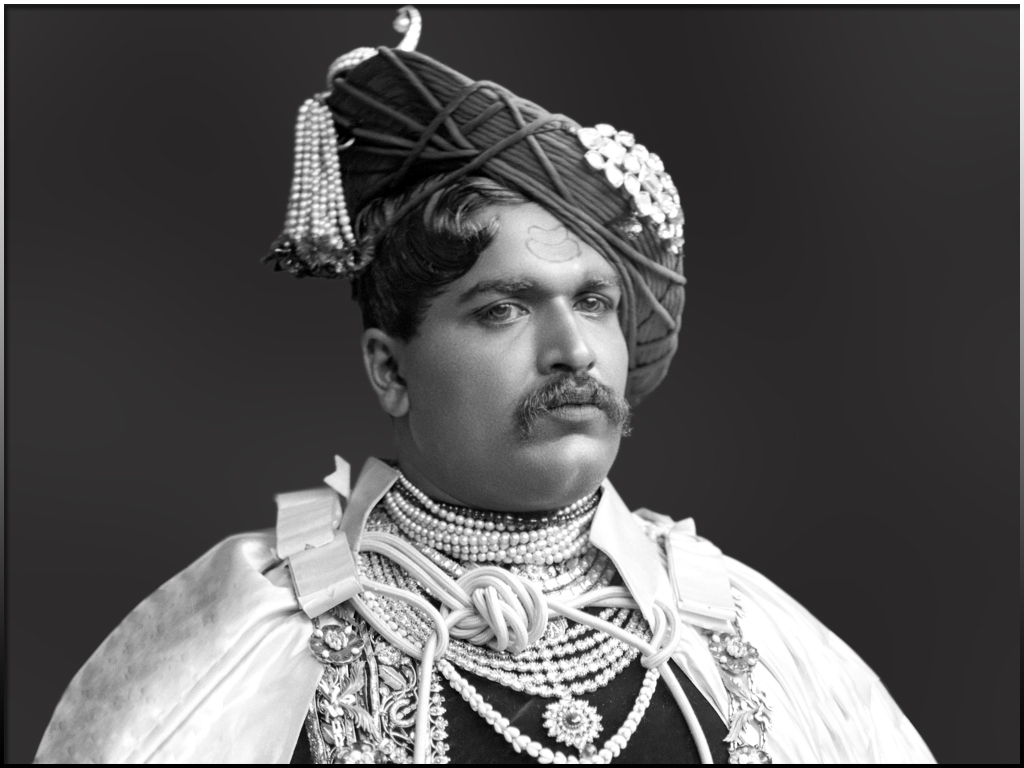Shahu stands as a pivotal figure in the historical and cultural landscape of Maharashtra, India. This article delves into the life and times of Shahu, exploring his contributions and the legacy he left behind. Understanding Shahu is not just about recounting historical facts; it is about appreciating the rich tapestry of culture, politics, and society that he influenced. This guide aims to provide a thorough insight into Shahu's life, the era he lived in, and the lasting impact of his reign.
In this extensive exploration, we will cover various aspects including his biography, key contributions, and the socio-political climate of his time. Furthermore, we will examine how Shahu's legacy continues to resonate in contemporary society. Our objective is to present an informative, engaging, and SEO-friendly article that adheres to the principles of E-E-A-T (Expertise, Authoritativeness, Trustworthiness) and YMYL (Your Money or Your Life).
Join us as we embark on this enlightening journey to uncover the significance of Shahu in history and culture. Whether you are a student, a history enthusiast, or simply curious about this remarkable figure, this comprehensive guide promises to offer valuable insights and information.
Table of Contents
- Biography of Shahu
- Early Life and Background
- Shahu's Reign
- Administrative Reforms
- Cultural Contributions
- Legacy of Shahu
- Socio-Political Climate
- Conclusion
Biography of Shahu
Shahu Maharaj, also known as Shahu I, was born on 18th March 1682 and was the grandson of the legendary Maratha king, Chhatrapati Shivaji Maharaj. Shahu ascended to the throne in 1707 after the death of his predecessor, Chhatrapati Sambhaji Maharaj. His reign lasted until 1749, during which he played a crucial role in consolidating the Maratha Empire.
| Data Pribadi | Informasi |
|---|---|
| Nama Lengkap | Shahu Maharaj |
| Tanggal Lahir | 18 Maret 1682 |
| Posisi | Chhatrapati (Raja) |
| Masa Pemerintahan | 1707 - 1749 |
| Wilayah | Maratha Empire |
Early Life and Background
Shahu was born into a family renowned for its leadership and valor. Raised in the courts of the Maratha Empire, he was well-educated and trained in the arts of governance and warfare. His early life was marked by the political turmoil following the death of his father, Sambhaji Maharaj, which led to a power struggle within the empire. However, Shahu's ascension to the throne marked a turning point, as he worked diligently to unify the fragmented empire.
Shahu's Reign
Shahu's reign is noted for significant political and military achievements. Under his leadership, the Maratha Empire expanded its territories, and he successfully negotiated alliances with various regional powers. His diplomatic skills were instrumental in maintaining stability within the empire, while also promoting trade and commerce.
Military Campaigns
Shahu led numerous military campaigns that bolstered the Maratha presence in southern India. His strategic acumen allowed him to navigate complex alliances and rivalries, ensuring the empire's dominance in the region.
Administrative Innovations
One of Shahu's notable contributions was the implementation of administrative reforms that improved governance. He established a more efficient taxation system, which helped increase revenue and fund public works projects.
Administrative Reforms
Shahu's administration was marked by a series of reforms aimed at enhancing the efficiency of governance. He recognized the importance of a structured administration and established various departments to oversee different aspects of governance.
- Establishment of the revenue department
- Creation of a judicial system
- Promotion of local self-governance
Cultural Contributions
Beyond politics, Shahu was a patron of the arts and culture. He supported literature, music, and dance, fostering an environment of creativity and expression. His court became a hub for artists and intellectuals, leading to a cultural renaissance in the Maratha Empire.
Support for Literature
Shahu encouraged the writing of historical texts and poetry, which played a crucial role in preserving the cultural heritage of the Maratha Empire. Writers like Sant Tukaram and others flourished during this period.
Promotion of Festivals
Shahu also played a significant role in promoting various cultural festivals, which helped strengthen community ties and foster a sense of identity among the people of the Maratha Empire.
Legacy of Shahu
The legacy of Shahu Maharaj is profound and enduring. His contributions to the Maratha Empire laid the foundation for future leaders and shaped the course of Indian history. His emphasis on governance, culture, and diplomacy set a precedent that is still studied and revered today.
Socio-Political Climate
Shahu's reign occurred during a period of significant change in India. The decline of Mughal power and the rise of regional kingdoms created a dynamic political landscape. Shahu adeptly navigated these changes, ensuring the Maratha Empire remained a formidable force.
Conclusion
In summary, Shahu Maharaj's life and reign were marked by remarkable achievements in governance, military strategy, and cultural patronage. His legacy continues to inspire generations, reminding us of the importance of leadership, innovation, and cultural richness. We encourage readers to explore more about Shahu and share their thoughts in the comments below. Your engagement helps us create more informative content.
Call to Action
We invite you to share this article with friends and family who may find it interesting. Also, feel free to explore our other articles on Indian history and culture for a deeper understanding of the rich heritage of this great nation.
Thank you for reading, and we hope to see you again soon!



